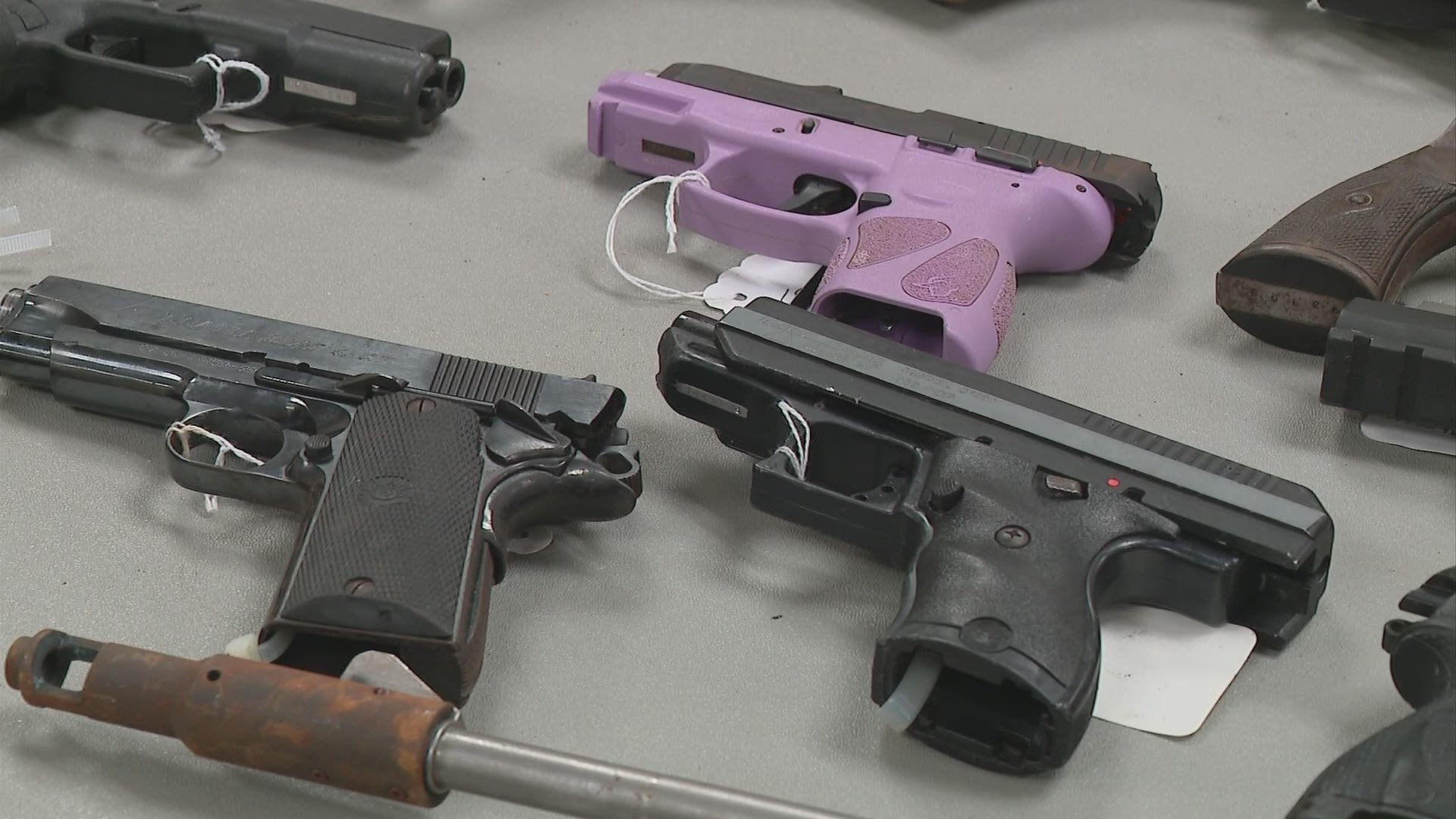COLUMBUS, Ohio — The 18-year-old suspected gunman in Tuesday’s deadly mass shooting at a Texas school died after he was shot by law enforcement.
Salvador Ramos was relatively unknown to law enforcement, with no known criminal or mental health history, according to Texas Governor Greg Abbott. Ramos apparently purchased two AR-platform rifles from a licensed firearms dealer on May 17 and May 20, the same week he turned 18.
The motive remains unknown.
FBI research indicates that most active shooters don’t possess previous criminal convictions, according to a 2018 report published by the agency.
For years, the FBI’s Behavioral Analysis Unit has studied mass shooters to understand what motivates them to commit these attacks. The FBI has published detailing demographics behind the shooters and cataloging more than 275 “active shooter incidents” between 2000 and 2018.
As part of that years-long research, the FBI sought to interview active shooters.
10 Investigates has learned part of that research involved a request in 2019 to Ohio prison officials to interview four active shooters who survived their crimes.
Memos obtained by 10 Investigates through an open records request show that research was approved as FBI profilers wanted to interview the following inmates:
- Calvin Coolidge Neyland Jr.
- Thomas Michael West III
- Tom West
- Ely Ray Serna
All four were convicted for shootings that happened here in Ohio. All survived their attacks.
Among the more than 100 questions the FBI profilers wanted to know – included:
- Why did this attack happen?
- Describe your state of mind
- And was there a point when your focus changed from killing victims to responding to law enforcement?
According to the documents reviewed by 10 Investigates, the FBI researcher wrote that these interviews will help determine “how shooters perceive the police response” and help provide insight on when shooters decide to “surrender, the cessation of the shooting and other attack-related behaviors.”
“This valuable information will inform not only preventative but tactical strategies and represents unique data only be obtained via an in-person interview with shooter,” she wrote.
An FBI spokesman at the field office in Cincinnati directed questions to the FBI’s national press office. A person from that office told 10 Investigates Wednesday that it could not provide additional information at this time.
We wanted to know more about this research if it was continuing and if the FBI had been able to successfully interview and re-interview inmates about their experiences with active shootings.
A spokeswoman from the Ohio Department of Rehabilitation and Correction said she would get back to us.

